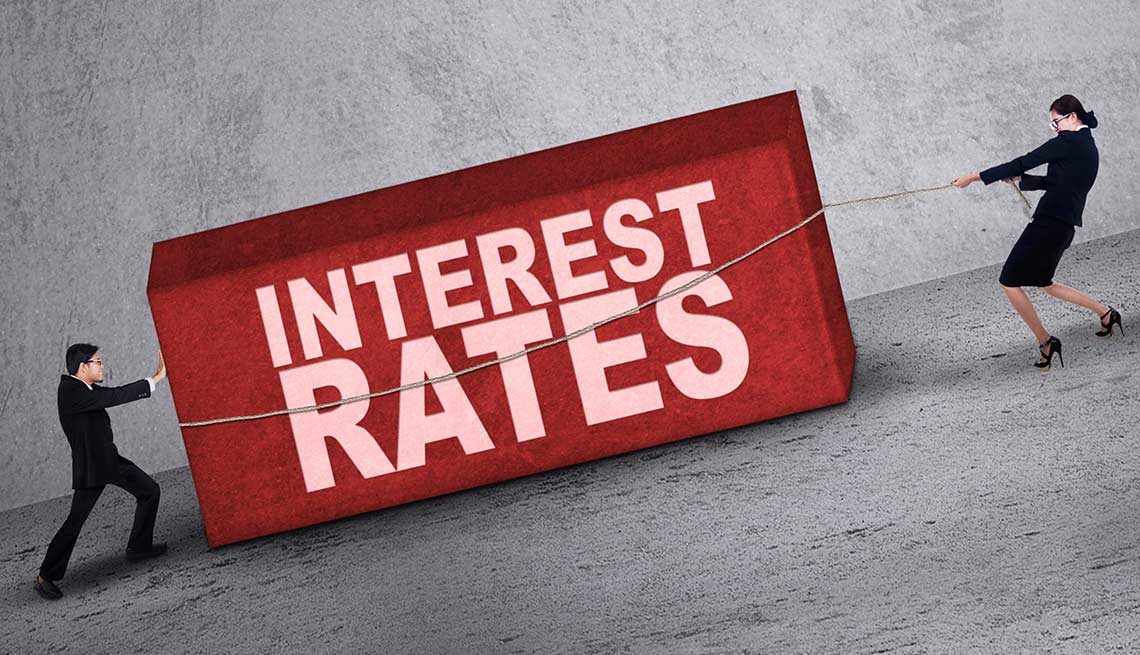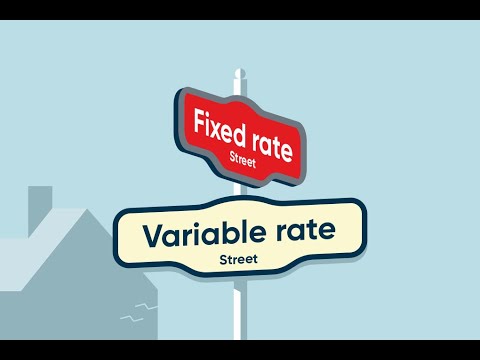
Loan costs are closely related to interest rates and hold a very important place in the loan cost. Whether you are borrowing to purchase a house or a car or just taking out an unsecured personal loan, the interest rate determines how much you will repay. Knowing how loan interest rates operate on your behalf can guide you in borrowing money wisely and saving your money. In the following section, you’ll learn what interest rates are, how they work with loans, and what you should consider.
1. The Basics of Interest Rates
Interest rates are the price that is charged for lending cash. We have interest, which is normally charged on the loan amount, and this cost is normally spread throughout the loan. As the interest rate rises, the cost of the loan also increases. As different interest rates depend on the difference of one percent or even less, the difference in the total repayment sum is crucial, especially in long-term credit products such as car loans, mortgages, etc. Guarantee: it is necessary to coordinate the rates to get the best price out of the lenders.
2. Fixed vs. Variable Interest Rates

Interest rates most often are either fixed or floated interest rates. These are locked at a certain level and are unlikely to change within the whole term of the loan, thus making it easy for the client to plan for the consequent payments. For their part, variable rates change with market conditions and do not have fixed rates. On the other hand, variable rates usually begin with lower rates, the possibility of which is increased later, thus causing one to pay higher monthly instalments.
3. Relationship between Credit Scores and the Interest Rate
It makes up much of the overall decision of which interest rate you will be locked to. Lenders benefit by obtaining an assurance that borrowers with high credit standing are less credit risky and hence can offer to pay lesser interest rates. On the other hand, in the case of a poor credit score, the interest rates charged by the lenders are higher due to the higher risk involved. There are a lot of benefits, especially aiming at adjusting your small credit score before applying for a loan.
4. Loan Term and Interest Costs

The total interest you are charged depends also on the duration of your loan period. Long-term loans are designed to have lower monthly payments because they are paid off during a more extended period; there is a disadvantage because the interest is compounded over that period, and the debt becomes more significant. At the same time, the customers take short-term loans; such an amount would employ relatively small monthly installments. Nonetheless, the interest rate accrued is negligible. Thus, one should view the monthly payment against the overall payment to approximate the loan term while taking the loan.
5. How Factors Relating to the Economy Affect Rates
They want to exclude their business operations from being affected by broad economic fundamental factors such as interest rates. When inflation is high, or the economy is growing, the central banks raise interest rates to reduce consumption and borrowing. On the other hand, during a slow economy, the rates provided may be offered at lower rates to encourage borrowing. For borrowing, knowledge of economic fluctuations will enable one to choose the right time to fix a loan at these desired rates.
6. Prepayment and the Interest Rate
Certain loans enable you to make supplemental payments or pay off the loan before extra charges are incurred. This can help to cut down on the total interest you pay on your loan, depending on its rate. Private student loans do not all come with this feature; therefore, it is important to check the loan terms. Prepayment, which means adding a few more dollars every month or a few lump-sum amounts during the early years of a loan, reduces interest charges and shortens the payback period.
Conclusion
Borrowing cost is therefore regulated by another factor known as interest rates. Here, it is possible to state that knowing how they work and what affects them will make it possible to decide on a loan with fewer risks. Whether dealing with loan terms, credit score, or macro-reality, it pays to be sharp about interest rates and how to avoid them. In every credit facility, interest rates are always compared, as the meanings of various terms provided on the loan deal and prepayment options.





